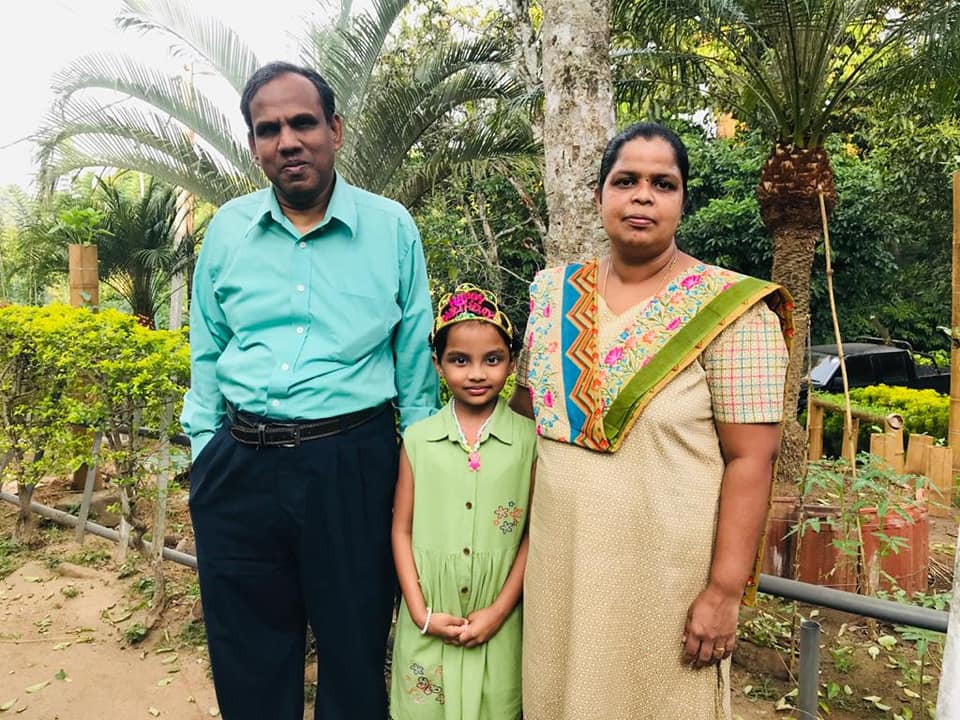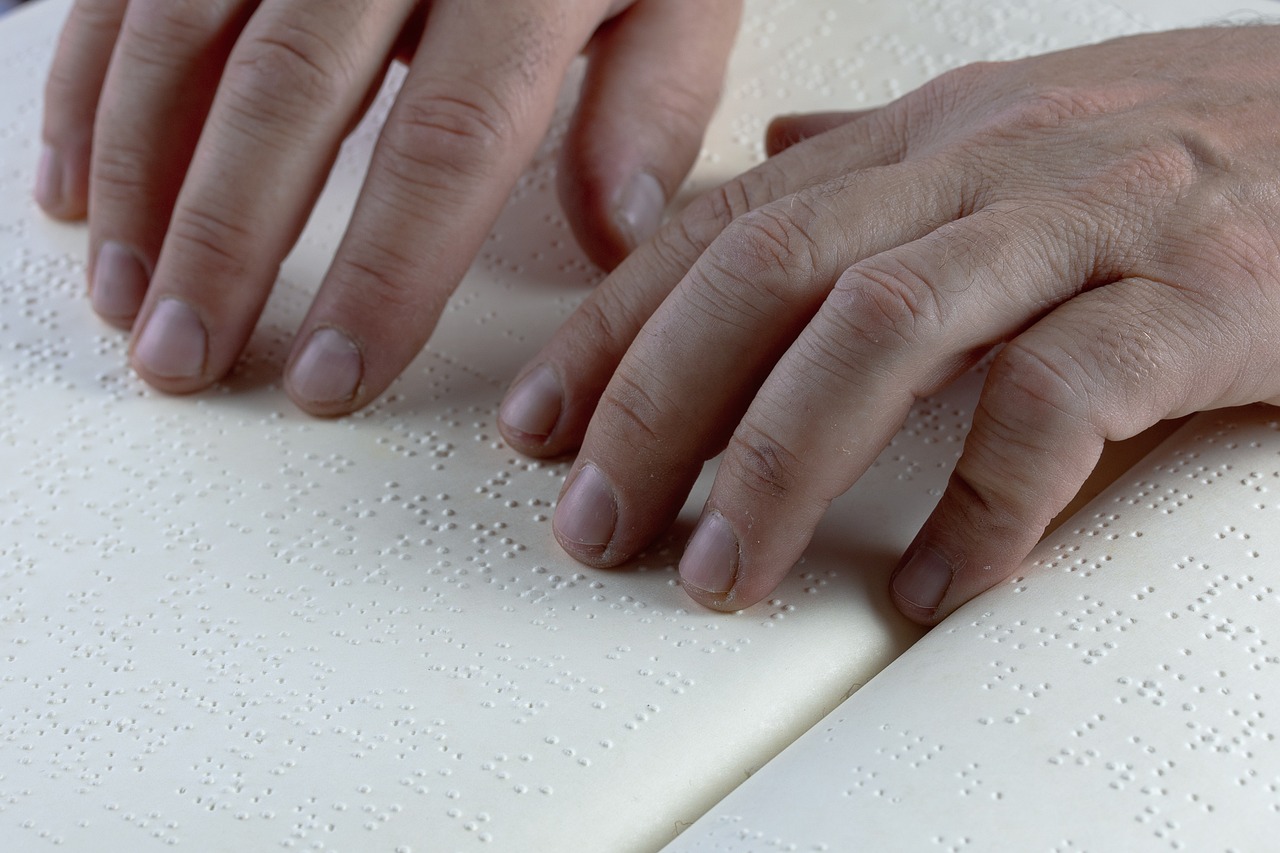The reflection by Rev. Arulampalam Stephen, “A Revolution of Grace,” challenges us to rethink our perspectives on ability and worth. It emphasizes that the differently-abled hold a special place in our communities, often embodying resilience and strength. Rev. Stephen encourages us to recognize the inherent dignity of every individual and to create spaces of inclusion and acceptance. His insights remind us that grace is transformative and can lead us toward a more compassionate and equitable society.
15th of October we remember the International White Cane Day. White cane helps visually impaired people to identify the way and identity for them. Generally we use differently abled or other abled, but presently we use ‘Persons with Disabilities’. Here not the ability, but we need to recognise them as People. There are 4251 types of disabilities existing in the world. Generally we celebrate on the 3rd of December as the ‘International Disability Day’.
In the Old Testament reading (Job 23: 1-9), Job is crying for justice. Expecting answer for a prayer. But God was silent. Silence is one of the answers for our prayers. 2 Corinthians 12: 6-9 – Paul 3 times prayed for his disability, but the answer was ‘My grace is sufficient in your weakness’. Here grace is more powerful than miracles. This is the strength of the disabled people.
Hebrew 4: 12-16, where Jesus gives strength for the powerless people (Hebrew 4: 13). Here Jesus identify Himself with the disabled people who is our strength and power, because wounded Christ remains with His wounds
Psalm 22: 1-2 says ‘No one is there to listen to the cry of the disabled people ‘. We are the ears and eyes of God. Therefore, let us listen to the voice of the people.
In the gospel reading tell us the revolutionary understanding of grace. God shared His grave with everybody. Specially a special place for the persons with disabilities. Whoever is last in the world is first in the Kingdom of God. This is the new revolutionary understanding of God.
At this time let us remember Asian Ecumenical Disability Network of CCA and the World Ecumenical Disability Network of WCC. Therefore, let us examine the social, economic, political and religious barriers to persons with disabilities. Let us take some revolutionary steps, put them in the first place

Rev. Stephen Arulampalam.
Church of Ceylon, Sri Lanka.
